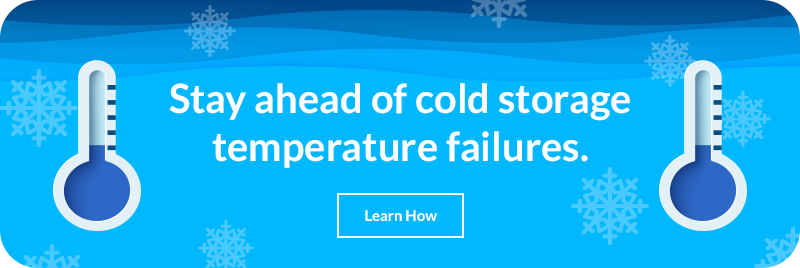Cloud based temperature monitoring systems can be easy to use. Traditionally, laboratories have stored temperature data on-site. In this case, temperature sensors are connected to a computer inside the lab that records all the temperature readings, generates reports and, if connected to the internet, can alert lab personnel when readings are outside of an acceptable range, and allow remote access to the computer.
But in recent years, the landscape of temperature data management has changed. The sheer volume of data is increasing. Concerns around data and network security are growing. Labs are managing an ever-increasing workload with the pressure to improve productivity.
Amid these hurdles, cloud-based temperature monitoring systems have not only become part of the conversation — these systems have been implemented in laboratories across the nation.
Here’s a look at how cloud-based temperature monitoring systems are improving lab operations.
The Advantages of Cloud-Based Temperature Monitoring Systems
Cloud Based Systems Offer Greater Flexibility to Scale
In an effort to streamline temperature data management, many labs have swapped pen-and-paper methods with digitized solutions. When digitized solutions are deployed using a lab’s on-site servers, the lab’s computer and infrastructure must be able to support the amount of data that is captured and stored. So as labs increase the number of freezers and refrigerators they monitor or collect new types of temperature data on existing systems, personnel have to go through the time-consuming and costly process of investing in additional storage capacity and possibly new servers.
One of the benefits of cloud-based temperature monitoring systems is that as continuous temperature monitoring keeps adding more data to store, they can easily scale up without having to purchase additional equipment. Rather than owning a discrete amount of server storage space, you can rent only the amount of server storage space you need at the time — automatically accessing more server storage space as your temperature data storage requirements grow. No hard drive size restrictions also mean there are no limitations on the number of years that data can be live and accessible.
Enhanced Lab Data Security in the Cloud
Due to network security concerns, most lab or corporate IT departments do not want to have computers connected to the lab network for internet access, as the system can be a target for hackers. You may recall when remote access into a Target computer server for HVAC was hacked, and once past the firewall, hackers had access to everything on the well-known brand’s internal network (including credit card information). To this end, many IT departments now require lab computers to have their own dedicated internet connection to allow remote access and send out alerts, so that other internal network devices and servers cannot be accessed when a lab computer is hacked.
With a cloud-based temperature monitoring system, there is no need for local computers or servers for data storage in the lab. Instead, encrypted temperature data is sent directly from the sensors to secure off-site servers for storage, analysis, alert and report generation. That’s one less entry point for hackers to access sensitive data and greater peace of mind for lab personnel.
Less Maintenance to Worry About
Another issue for labs with on-site temperature monitoring systems is actually operating a server and keeping it up-to-date with security patches, bug fixes, application updates, performing back-ups, etc. While vital to the performance of the system, these maintenance measures mean more IT administrative work for busy lab personnel.
Cloud-based temperature monitoring systems are automatically backed up and kept up-to-date, so personnel can spend more time on their research and less time on handling IT-related tasks.
Ready to move to a cloud-based lab temperature monitoring system? CORIS can help. Our cloud-based 24-hour temperature monitor keeps you both compliant and productive while ensuring your most valuable assets — your samples — stay safe. Contact us to learn more.







